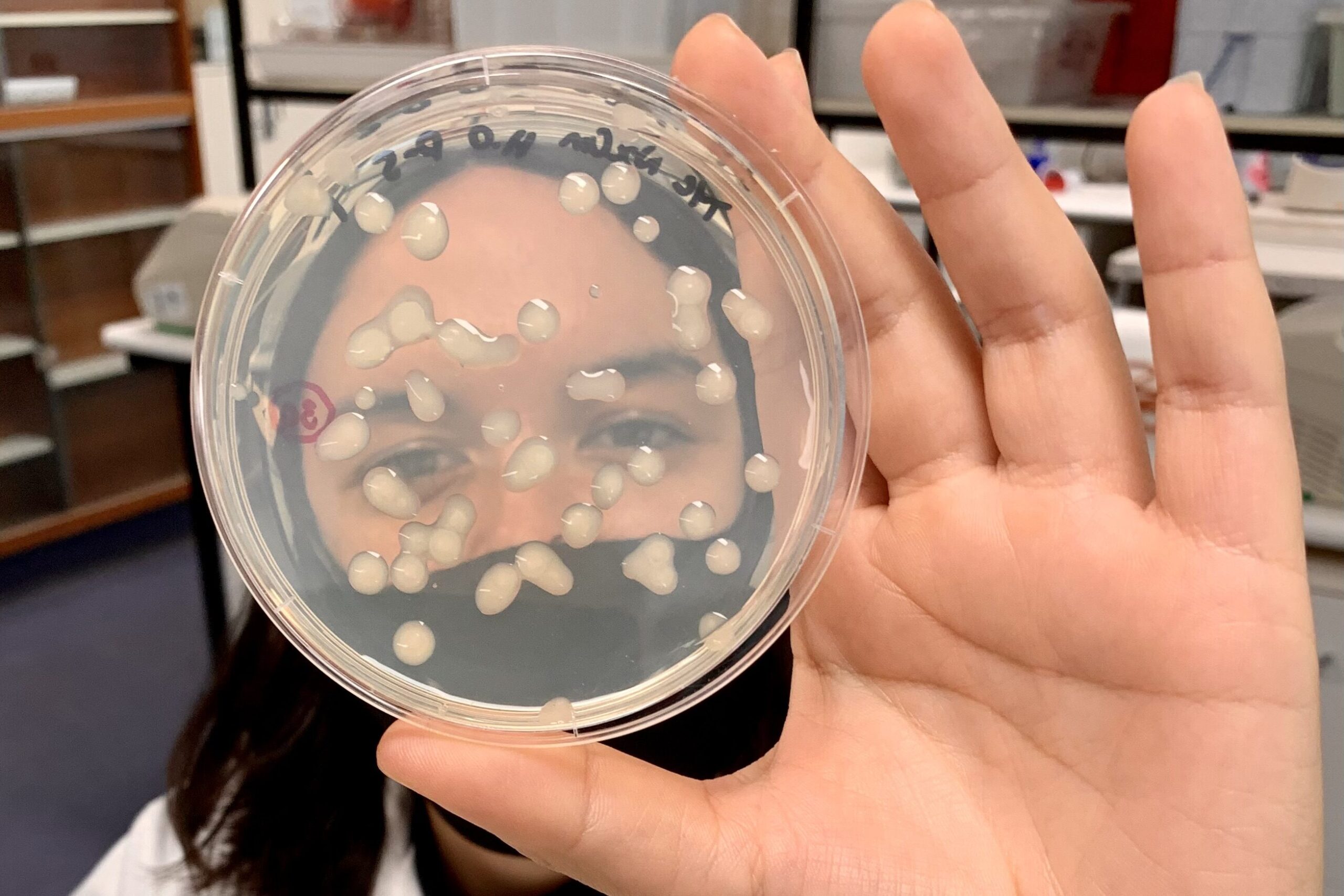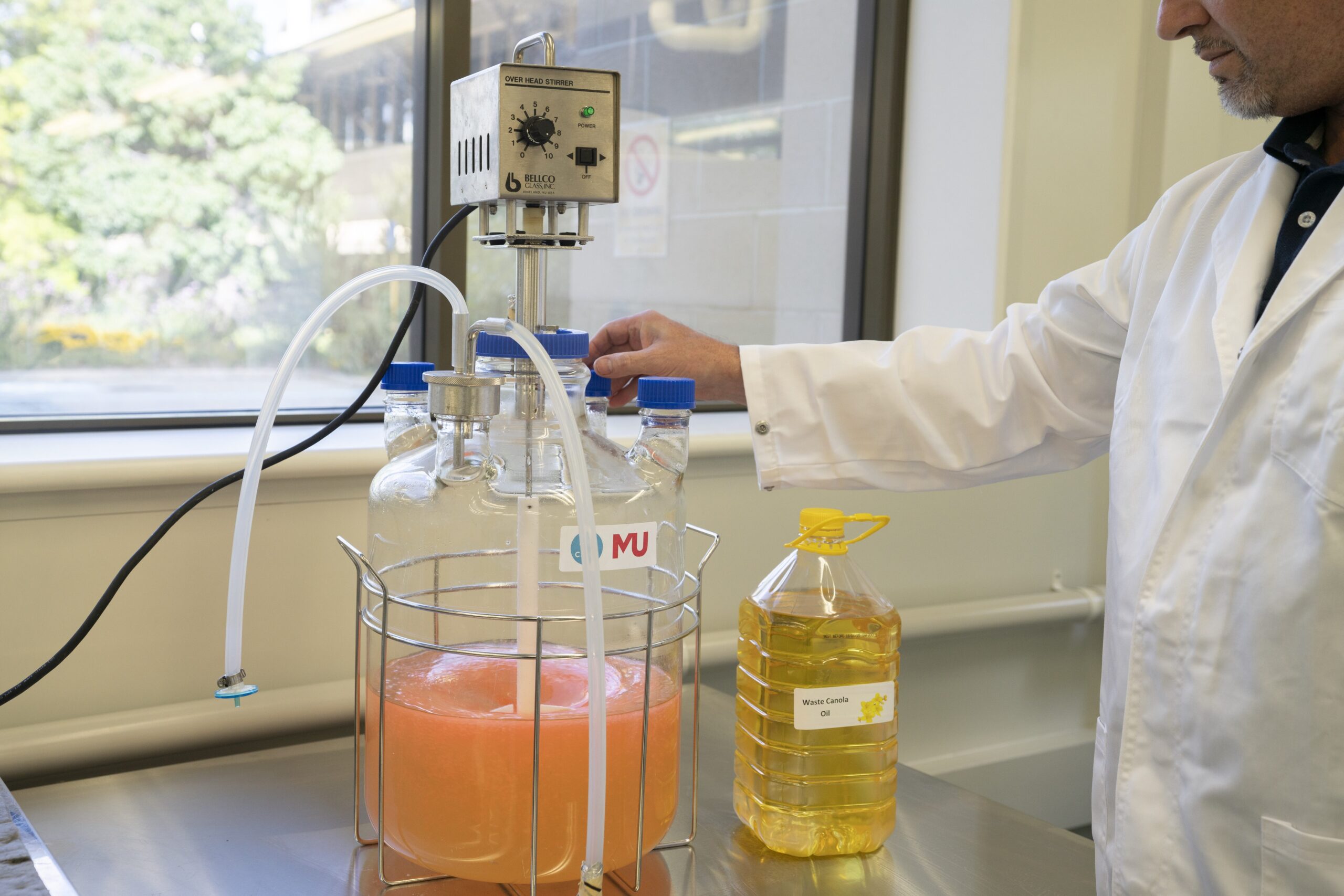Engineering bioplastics for the future

Based at Murdoch University’s Perth campus, BIH will bring together experts from several fields – including microbiology, biochemical engineering, molecular genetics, synthetic biology and more – to develop a new generation of compostable plastics and assist industry partners commercialise its production.
“Our primary focus is the development of 100 per cent compostable, bio-derived packaging for use as sprays, films, bottles, caps and wrappers, which are engineered to fully break down in compost, land and in aquatic environments,” says Professor Andy Whiteley, CSIRO Research Program Director.

Dr Deborah Lau, CSIRO’s Ending Plastic Waste Lead, says a systems approach is needed to address the growing problem of plastic waste and reduce its environmental footprint.
“We are developing a broad range of scientific and technological solutions for the entire plastics supply chain to support government and industry initiatives, eliminate litter and divert plastic waste into a resource to build Australia’s circular economy, she says.
“We know that no one single intervention or approach will be able to effect the change that’s needed, so bioderived and compostable plastics are an important part of the solution.”

BIH’s first focus will be a coinvestment with the WA-based company Ecopha Biotech Pty Ltd to develop compostable bioplastic water bottles using waste products from the food industry.
“Ecopha Biotech’s role is to ensure that the new ideas and technologies developed from the Hub are successfully commercialised, contributing to a more sustainable future for Australia,” says Dr Wilson Ling, Ecopha Biotech’s CEO.
“Success has many partners, and the Bioplastics Innovation Hub shows that. The success we’re seeing is because of the hard work of all the stakeholders—The research teams at Murdoch University, the scientific expertise of CSIRO, innovators, students, entrepreneurs, policymakers, and government bodies. Together, we’re making a real difference for a more sustainable future.”



